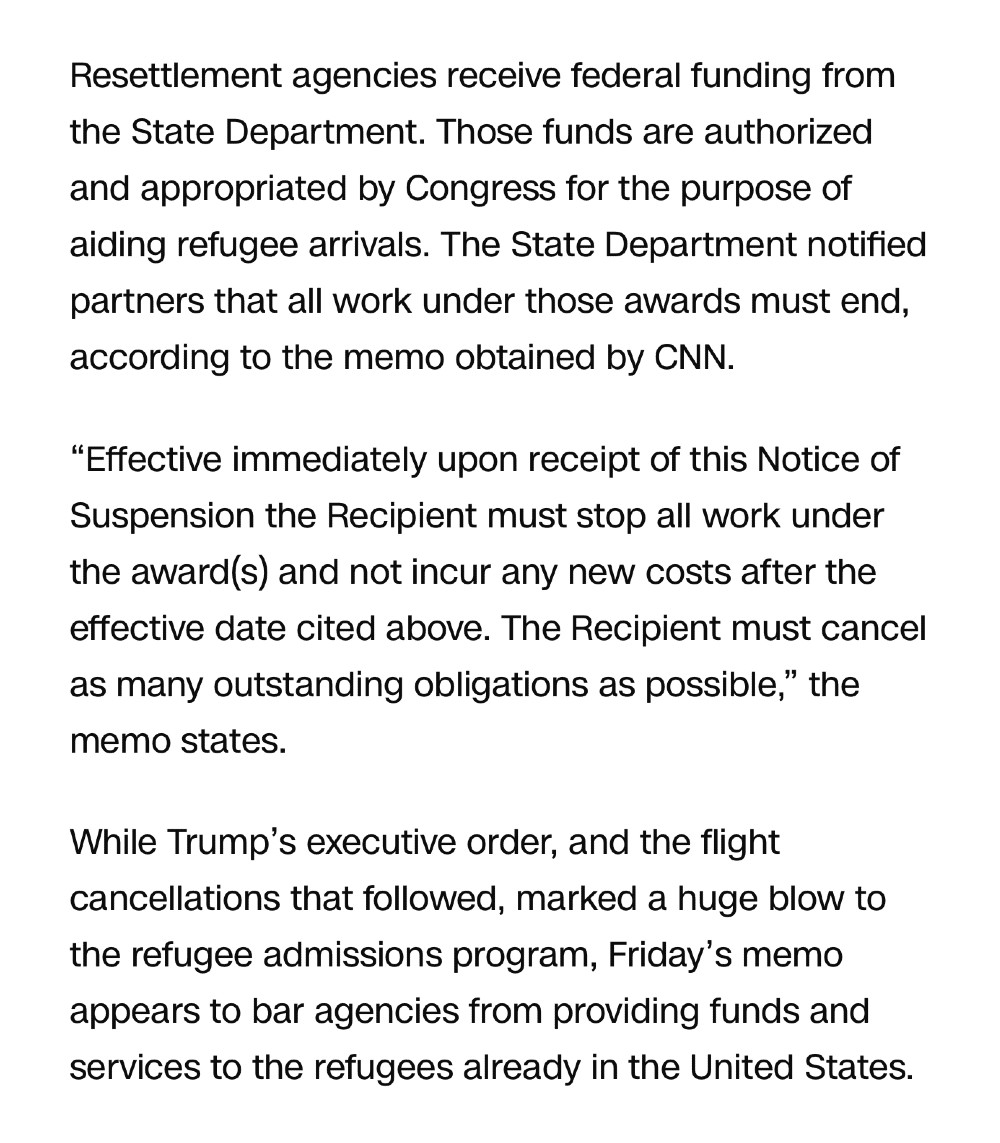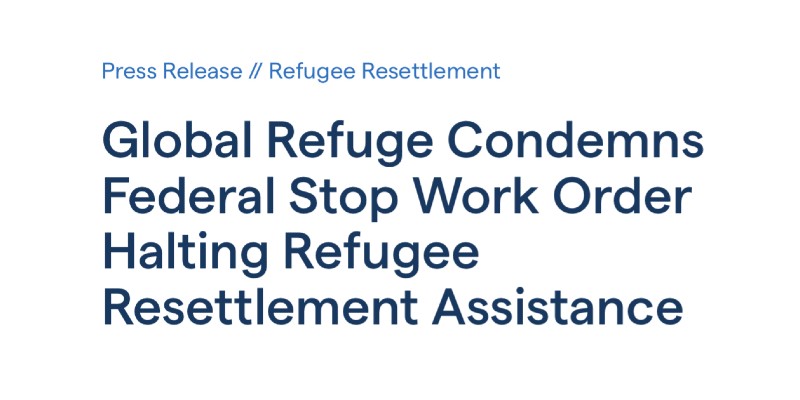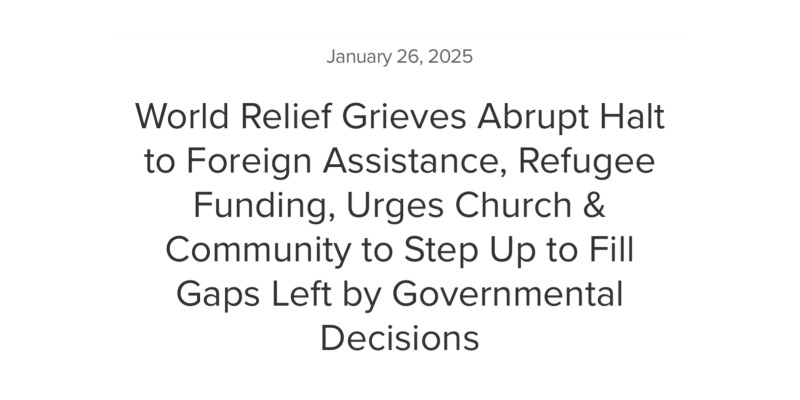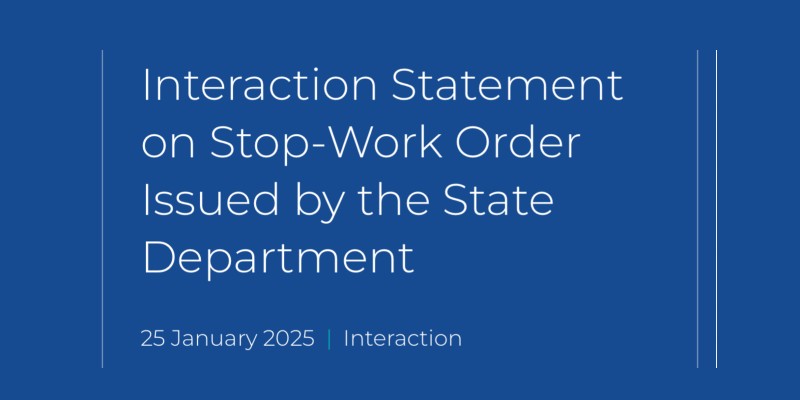This how every single argument for mass immigration goes.
Step 1: "Oh, you have concerns about [X group] coming into your country? Well, here's one person from that group who's good. What do you think of that, huh? Do you hate this person, too??"
Step 1: "Oh, you have concerns about [X group] coming into your country? Well, here's one person from that group who's good. What do you think of that, huh? Do you hate this person, too??"

[when presented with evidence that said person isn't representative of said group writ large]
Step 2: Actually, all those bad things you just mentioned are America's fault. And anyways, it's good for them to come here. I don't have to explain why. It just is.
Step 2: Actually, all those bad things you just mentioned are America's fault. And anyways, it's good for them to come here. I don't have to explain why. It just is.

[no, I think that would probably be bad for us]
Step 3: Honestly, who even is "us"? Who is "we"? Does America even exist? Do you know what America is? Because other people think America's something else. So how can you be so sure that America is anything at all?
Step 3: Honestly, who even is "us"? Who is "we"? Does America even exist? Do you know what America is? Because other people think America's something else. So how can you be so sure that America is anything at all?

Step 3.5: Actually, America is a real thing. But that real thing is just values—values that just so happen to require us to accept unlimited amounts of people from every single place in the world. And if you disagree, you actually hate America.

Pro-tip: At this point, you start really layering the moral condescension on thick. You can't believe that anybody would be so stupid as to not want infinite Haitians. It's insulting. It's outrageous. Frankly, it's un-American. Does your interlocutor know anything about America?

Step 5: Google "quotes about why immigration is awesome."
Try to find one from somebody that you think the guy you're arguing with might like and/or respect. Boom. Owned.
Try to find one from somebody that you think the guy you're arguing with might like and/or respect. Boom. Owned.

Step 6: Alright, you know what? None of that worked. Change of plans. Pivot to just googling pictures of the guy you're arguing with and posting them in his mentions. 

Step 7: Double down. Then bizarrely claim at the end that you're not saying the thing that everyone knows you're obviously saying. (At this point you're not even talking about immigration anymore, which is good, because you know you lost that argument). 

Anyways, none of this is actually an abstract thought experiment—as much as the other side wants it to be. Real people. Real consequences.
@America_2100 is going to Charleroi, PA next week to report on what’s happening on the ground. Follow our account to keep up with the story.
@America_2100 is going to Charleroi, PA next week to report on what’s happening on the ground. Follow our account to keep up with the story.
https://twitter.com/america_2100/status/1834275937208193160
• • •
Missing some Tweet in this thread? You can try to
force a refresh


























